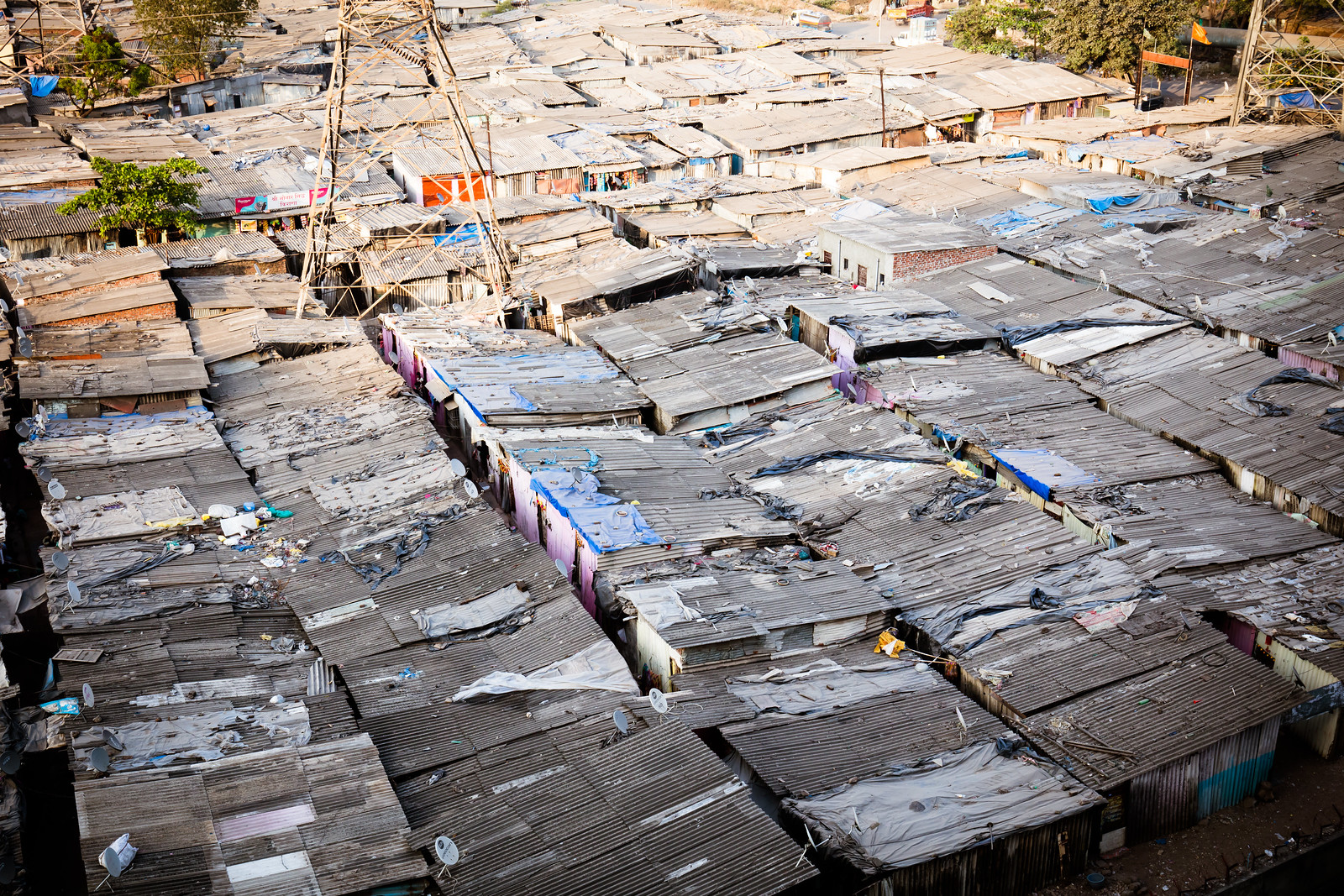- Who We Are
- How We Work
- Regional / Country Initiatives
- Legacy
- Core Themes
- Working Groups
- Portfolio & Results
- Newsroom
- Resources
India: Urban Poverty in Contemporary Cities

This report, exploring the role of land policies and instruments in realising slum upgrading in India, highlights key findings of a webinar co-organized by our Global Programme on Informality, INHAF Housing Forum and GIZ India.
The webinar on “Urban Poverty in Contemporary Cities: The Determining Role of Land Policies and Instruments” was part of a series organised by INHAF, with support from GIZ India and the Cities Alliance Global Programme on Informality. The two sessions discussed the issues of land accessibility, right to urban commons, urban development strategies and its impact on poverty. Global experts and academics discussed these issues using case examples from India, Latin America, Asia, and Africa, in the context of the COVID-19 pandemic. The webinar promoted a dialogue amongst global stakeholders based on their own personal experiences and provided a moderated debate amongst practitioners, academics, and experts.
Land has a central role in urban policy and a broader social role specifically in slum upgrading. However, in India, this has not been captured in the spatial land-use policies yet. Land use planning remains a technical exercise focussing on producing end products. Additionally, the use of land as a financing instrument has led to significant changes in the institutional and legal strategies of Indian cities. Making the change to a more inclusive, participatory, and cohesive process would imply reforming the existing land legislation and spatial planning instruments.
Key messages emerging from the discussion include:
- Promoting a city-wide upgrading, achieving the necessary scale and with the urban poor at its core.
- Realising the social function of the city, prioritising its use value over its trade value.
- Improving land markets, realising the impacts of the informal market, and promoting land value-capture tools.
- Stopping resettlement programmes, relocated slum-dwellers become poorer and lack access to economic opportunities.
- Build inclusive infrastructure, infrastructure provision creates a similar effect of safety in tenure as titling.
- Explore different land-tenure and land readjustment options.
- Promote inclusive regional planning, planning can be successful in including, but can also exclude through restrictive bylaws – it must listen to the voice of communities and be participatory.
- Establish a sustainable operative framework, promote legal and institutional reforms to ensure inclusion and establish partnerships to reach feasible solutions.
The webinar was co-organized by Cities Alliance, INHAF Habitat Forum, and GIZ India; within the framework of “ReThinking Cities”, a series of webinars curated by INHAF. The Cities Alliance Global Programme on Informality is supported by the Swedish International Development Cooperation Agency (SIDA).
Watch the recordings of the event:
Day 01:
Day 02:

